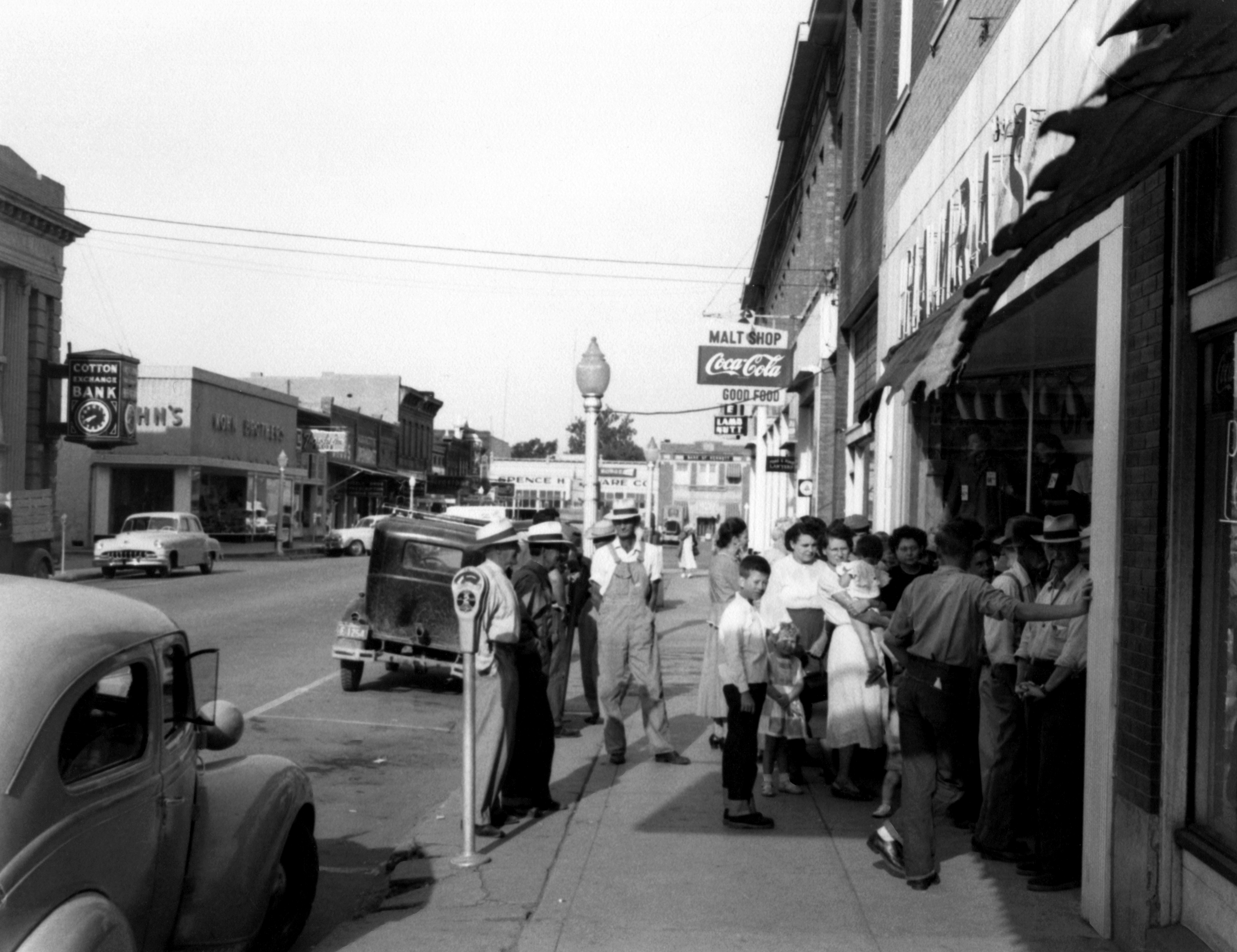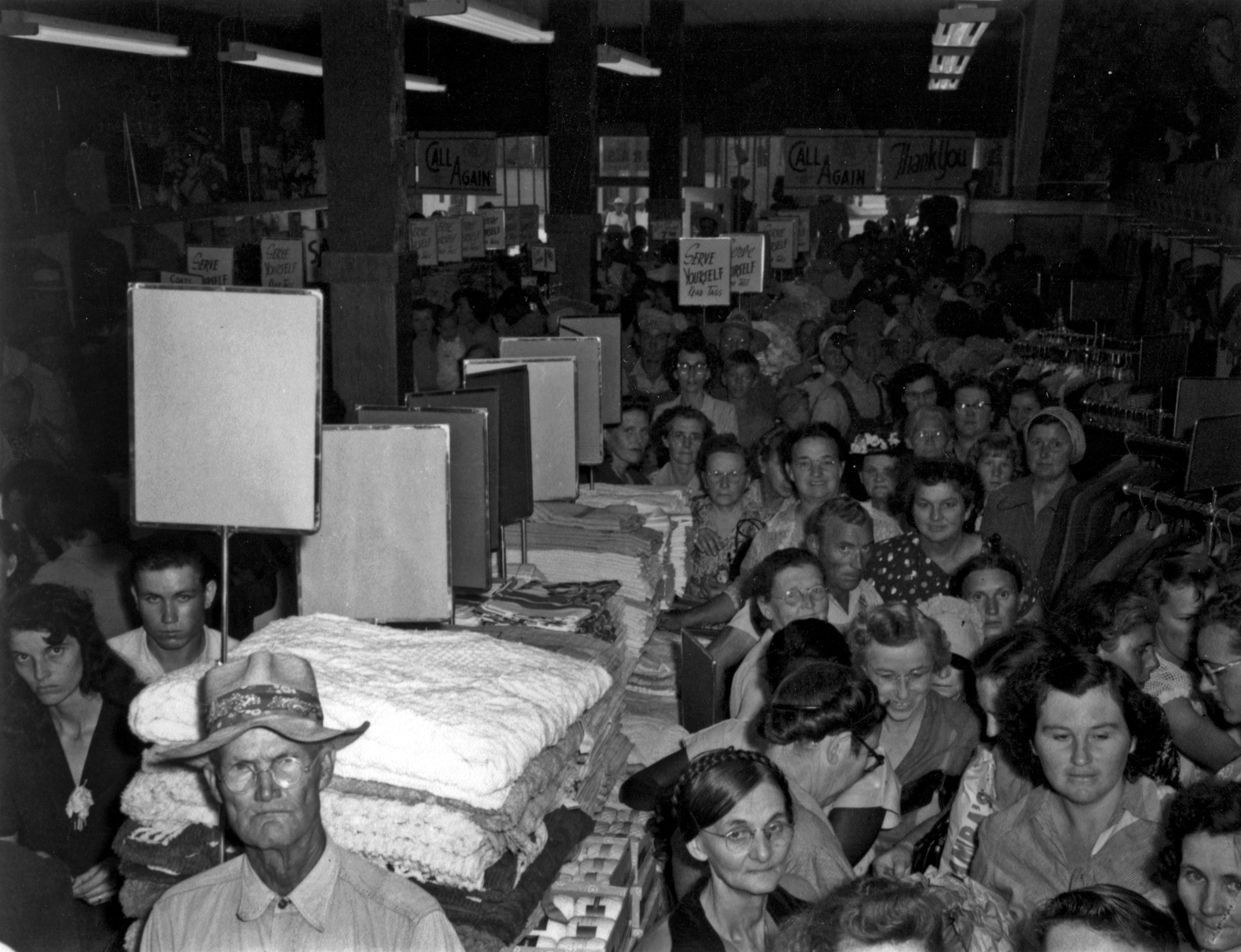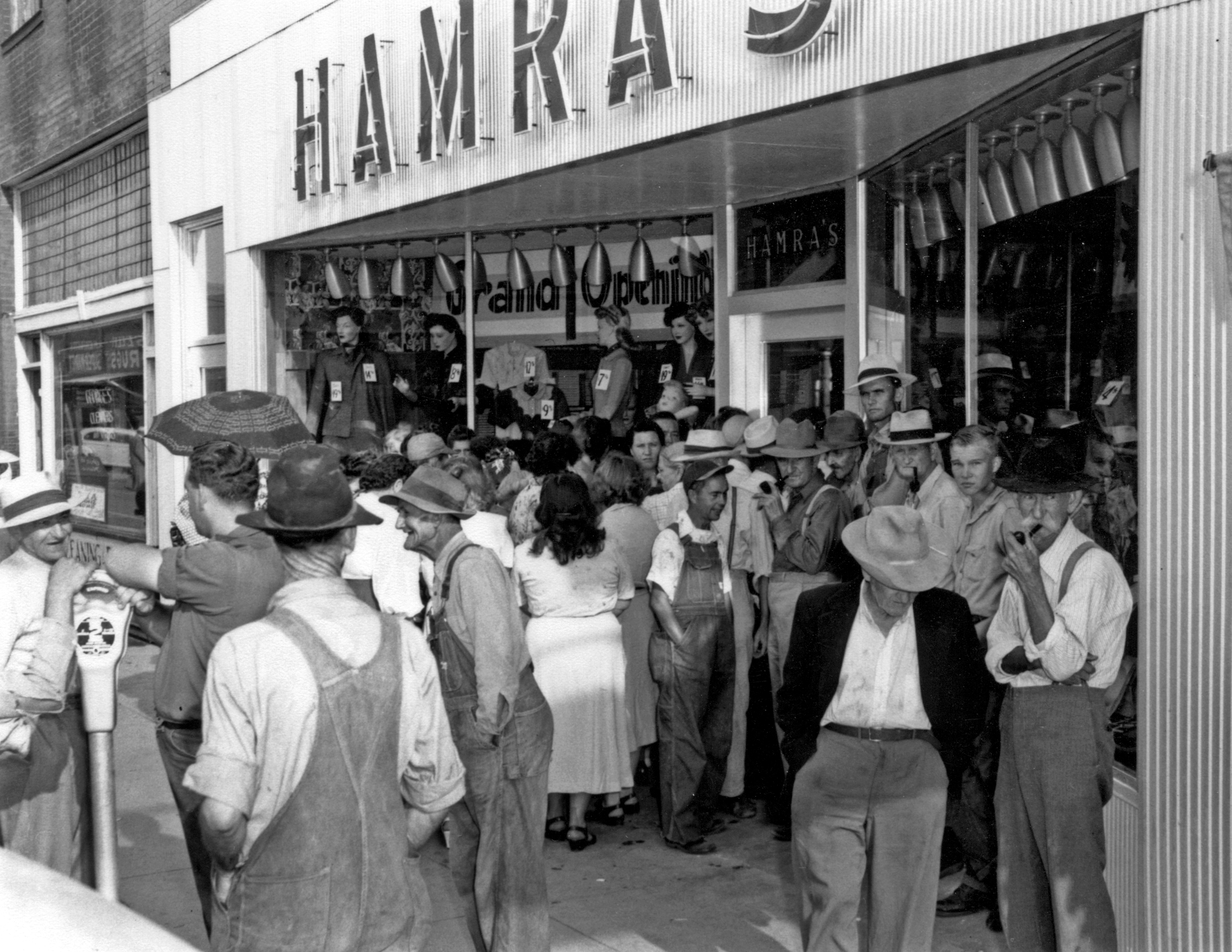Faster: The Acceleration of Just About Everything, by James Gleick (1999)
Most of us suffer some degree of “hurry sickness,” a malady that has launched us into the “epoch of the nanosecond,” a need-everything-yesterday sphere dominated by cell phones, computers, faxes, and remote controls. Yet for all the hours, minutes, and even seconds being saved, we’re still filling our days to the point that we have no time for such basic human activities as eating, sex, and relating to our families. Written with fresh insight and thorough research, Faster is a wise and witty look at a harried world not likely to slow down anytime soon. (Goodreads)
The obvious question was: how relevant is a book — written seventeen years ago — about how everything in our lives is accelerating? The author clearly understood the book would be dated before he completed it. Can only hope he write a follow-up (More Faster?). Here are a few bit that got some highlighter:
The Otis Elevator Company estimates that its cars raise and lower the equivalent of the planet’s whole population every nine days.
The fastest passenger elevators, mostly in Japan, travel at more than thirty feet per second. The record holder in the late 1990’s was a special Mitsubishi elevator in a sightseeing tower in Yokohama: more than forty feet per second, a good climb rate for an airplane.
Anger at elevators rises within seconds, experience show. A good waiting time is in the neighborhood of fifteen seconds. Sometime around forty second, people start to get visibly upset. […] Door dwell (how long we’ll wait for door to close) tends to be set at two to four seconds.
(Cigarettes and shots of whiskey) are additives for our engines. We take them to modify the working of what we now quite consciously think of as the human machine.
It was only in the machine age that people became aware of speed as a quality that could be measured, computed, and adjusted.
Reading on-line becomes another form of channel-flipping.
(In 1984) Only eighty thousand fax machines were sold nationwide. Just three years later, in 1987, virtually every American law firm had a fax machine, and within two more years, realtors and takeout restaurants and hardware stores had jumped on the train. Businesses and individual consumers bought two million fax machines in the United States in 1989.
Future anthropologists will find our pottery but not our E-mail.


 The Universe has told me to go sit down and shut the fuck up. So I think I will. For a while at least. Social media is a toxic brew and a break will do me good. When I find something I’d like to share I’ll do that here. Despite my best efforts, I became a little obsessed by the recent political shenanigans and yesterday’s events might just be the icy enema I needed.
The Universe has told me to go sit down and shut the fuck up. So I think I will. For a while at least. Social media is a toxic brew and a break will do me good. When I find something I’d like to share I’ll do that here. Despite my best efforts, I became a little obsessed by the recent political shenanigans and yesterday’s events might just be the icy enema I needed.

